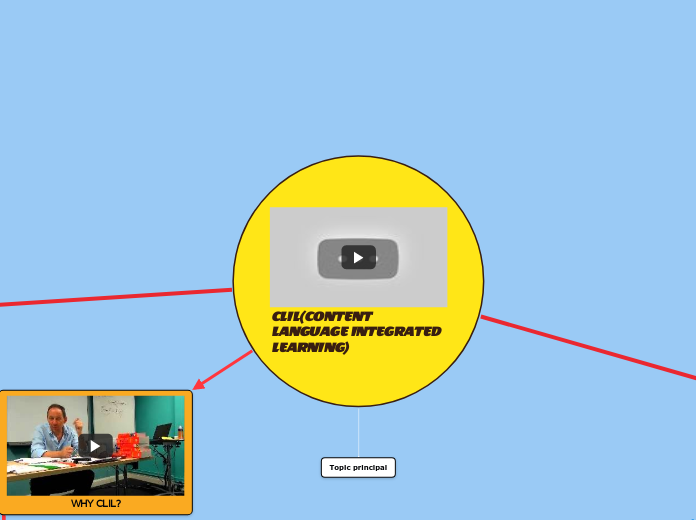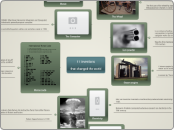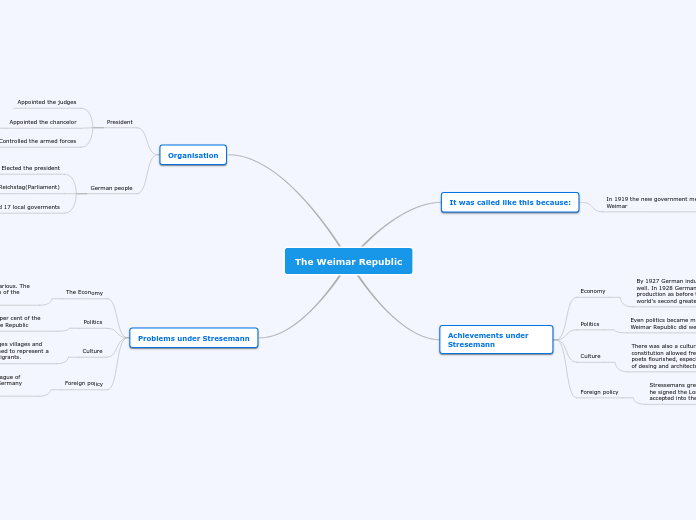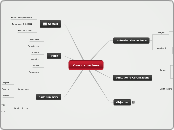によって ANA PIERA 12か月前.
710
CLIL(CONTENT LANGUAGE INTEGRATED LEARNING)
The integration of language learning with content instruction, known as CLIL, emphasizes the significance of acquiring a second language as part of a student's social and cognitive development.
開く
RESEARCH FOUNDATIONS SITUATIONS IN WHICH SUBJECTS ARE TAUGH THROUG A FOREIGN LANGUAGE WITH THE LEARNING OF CONTENT AND THE SIMULTANEOUS LEARNING OF A FOREIGN LANGUAGE methodology at the core of the approach multilingualism is the added value the major concern in Education and
not multilingualism THE CONTENT DIMENSION Preparing for future studies or working life Accessing subject-specific target language
terminology Providing opportunities to study content through different perspectives ORDER OF THE LANGUAGE SKILLS WRITING READING SPEAKING LISTENING 4 language skills THE CULTURE DIMENSION Introduciing the widerr cultural context Learning about neighbouring countries
regions or minority groups Developing intercultural communication skills Building intercultural knowledge and
understanding SPECIFIC ELEMENTS OF A DEFINED CURRICULUM ESSENTIAL ELEMENTS Repetition is required Use mime, gestures,visual aids.To reinforce meaning Use an appropriate level of language Speak slowly and articulate clearly In the beggining it is acceptable to use L1 Consistently use of language Create a psychologically and phisically save environment Find way to recognizing students effort and success Set high, but realistic expectations Give importance to L2, use it outside the classroom Communication is of primary importance Create a wealth of opportunities to use the languages Provide a variety of languages models and resources Make it relevant for students, connect with their lives and culture THE LEARNING DIMENSION Increasing learning motivation Diversifying methods and forms Complementing individual learning skills THE LANGUAGE DIMENSIÓN Introducing a target language Developing plurilingual interests
and attitude Deepening awareness of mother
tongue and target language Developing oral communication skills Improving the 4 skills COGNITION developing thinking skills linking LANGUAGE CONCEPT FORMATION CONTENT Progression in UNDERSTANDING SKILLS KNOWLEDGE CULTURE exposure to SHARED UNDERSTANDINGS ALTERNATIVE PERSPECTIVES COMMUNICATION WHILST LEARNING TO USE LANGUAGE USING LANGUAGE TO LEARN CLIL(CONTENT LANGUAGE INTEGRATED LEARNING) Topic principal CLIL PRINCIPLES WHY CLIL? IT RESPECTS THE SPECIFICITY OF LANGUAGE USE SECOND LANGUAGE LEARNING IS AN INTEGRAL PART OF SOCIAL AND COGNITIVE DEVELOPMENT IN SCHOOL ADQUISITION OF NEW LANGUAGE
STRUCTURES COMMUNICATIVE APPROACH TO PROMOTE MIMORITY LANGUAGES TO PROMOTE FOREIGN LANGUAGES WHAT IS CLIL?









